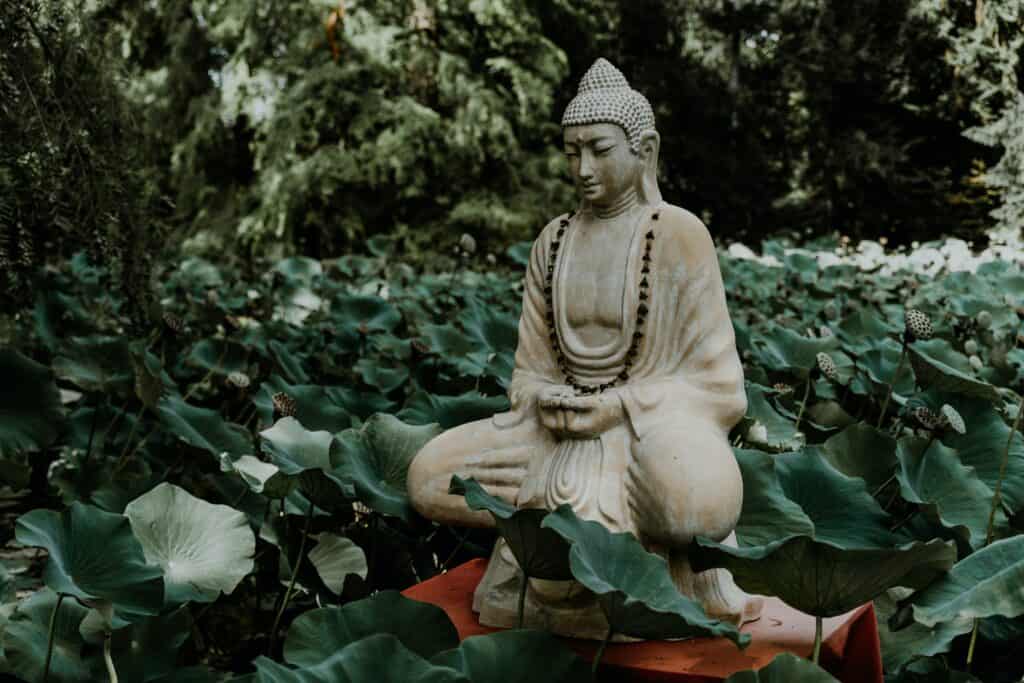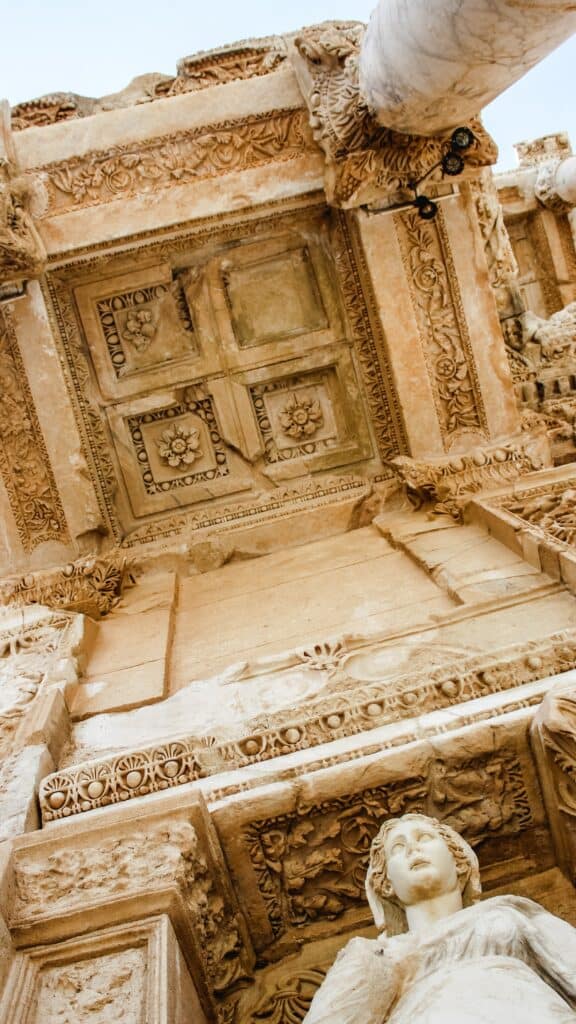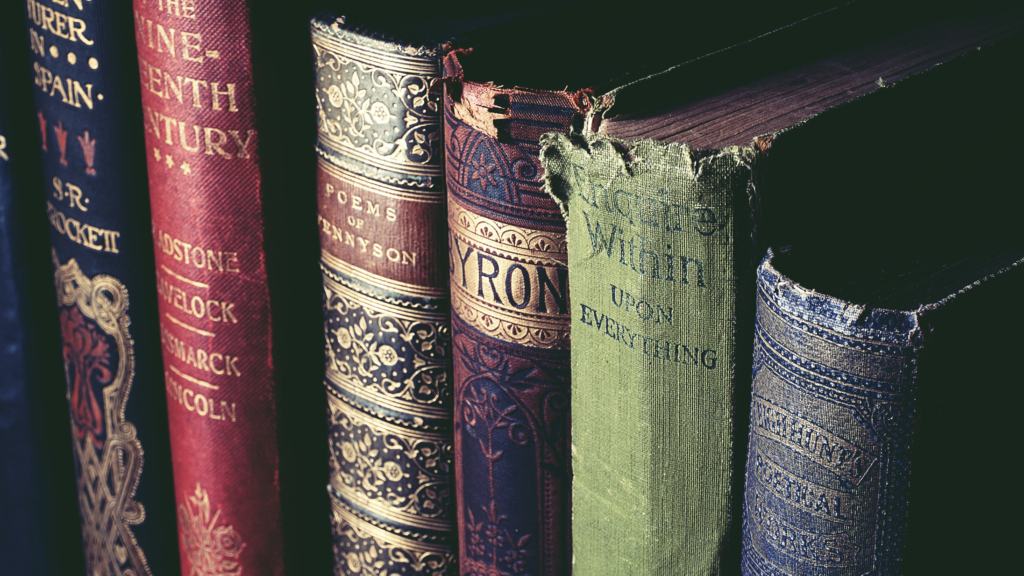Honey in Poetry
Since Homo Sapiens began keeping bees and tasting Sweet
Honey, bees and their honey have inspired numerous poets to write
wonderful lyrics and melodies. I’d like to provide a collection of bee
poetry written by great global poets throughout history.
Honey was employed as a metaphor for love in the first written
poetry in human culture, which is why nowadays we call beloved
people honey.
The earliest written texts we have came from civilizations along the
Euphrates River in what is now southern Iraq. Clay tablets were
used to write them. Honey was initially employed as a synonym of
love in the Songs of Songs, written approximately 2000 BC, by the
ecstatic wife of King Shu-Sin.

Honey songs were also popular in ancient China and India. Around
1000 BC, a lyric titled “My honey pie” was included in the oldest
collection of Chinese poetry, the book of songs (Shijing).
THE VEDAS
Honey was revered in ancient India, according to several texts. The
Rig Veda is included among the Vedas, which were written between
1000 and 1500 BC.
The DHAMMAPADA
The Dhammapada are the first Buddhist writings, composed in
verse about 3 BC and based on the Buddha’s oral teachings two
centuries prior. The Buddha teaches Like the Bee and the Flower in
Chapter 4 on Flowers.

KALIDASA
Later, in 400 A.D., the poet Kalidasa authored Vikromarvasie, a
poetic drama (The Hero and the Nymph). Many times, bees and
honey are discussed, usually in relation to love.
SARAHA
In his song The Royal Song, written in the eighth century AD, Tantra
teacher and poet Saraha used bees and honey in relation with
Tantra Buddhist practice.
Honey was so popular in ancient poems that it was virtually
worshipped like a goddess by all cultures.
Honey was praised in several poems by the ancient Greeks, who
had a highly developed beekeeping industry.
Honey was used as a symbol of life by poets such as Homer and
Anacreon.
HOMER
Homer was the earliest Greek poet, and his writings were written
around 800 BC. He mentions the bee priestesses Melissae in his
Hymn to Hermes, which is translated by Miss Jane Harrison Apollo
Speaks.

ANACREON
Anacreon 570 BC-488 BC Eros and the Bees is a poem about Eros
and the bees attributed to him.
The sweet nectar was hugely popular amongst the Ancient Romans
too.
Ancient Rome carried on the Greek practice of beekeeping and
refined it further. Virgil, the Roman poet, composed a large poem on
bees in his classic work “The Georgics,” which was translated into
verse by English poet John Dryden.
From part 4 of the Georgics
In their mouth reside their genial powers
They gather children from the leaves and flowers.
Thus make the kings to fill the regal seat
And thus their little citizens create
And waxen cities build, the palaces of the state
And oft on rocks their tender wings they tear
And sink beneath the burdens which they bear:
Such a rag of honey in their bosom beats;
And such a zeal they have for flowery sweets.
Honey was used by poets from all countries around the world and
each of them interpreted it in a different way.
William Shakespear (1564-1616) used the term “bee” 12 times and
“honey” 47 times in his plays. The speech of the Bishop of
Canterbury in Henry V, Act 1, Scene 2 The Speech is the most
renowned.
Here are some of our favourite honey quotes:
“Kind words are like honey, sweet to the soul and healthy for
the body.”-Proverbs 16:24.“The fly that prefers sweetness to a long life may drown
in honey.”-George Santayana.The sweetest honey is loathsome in his own deliciousness and
in the taste confounds the appetite.”-William Shakespeare.“No bees, no honey; no work, no money.”-Proverb.
“The world is plentiful with honey, but only the humble
bee can collect it.”-Ralph Waldo Emerson.

